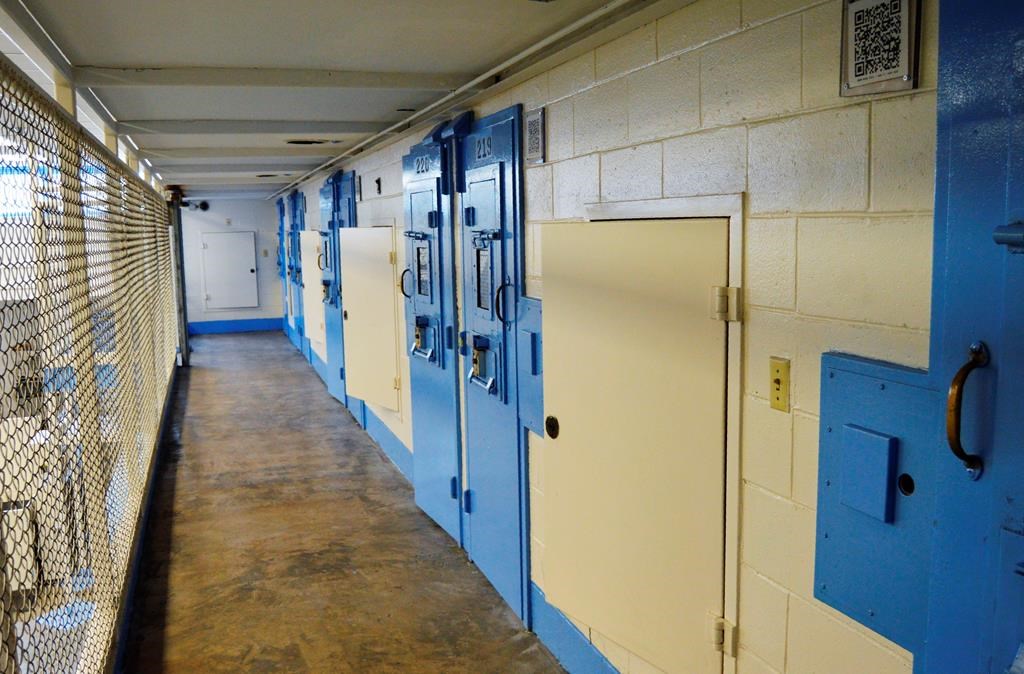COLUMBIA, S.C. — South Carolina is dusting off its electric chair and trying to restart executions in the state after going nearly 10 years without putting an inmate to death.
A House Committee voted 14-7 on Tuesday to make electrocution the default for an execution. The bill now goes to the House floor while a similar bill is on the Senate floor.
Right now, inmates can choose between electrocution and the current default method of lethal injection. Because the state doesn’t have the drugs to put an inmate to death, South Carolina is under a de facto moratorium on the death penalty.
South Carolina last put an inmate to death nearly 10 years ago and its supply of lethal injection drugs has since expired. In the decade before that, the state executed 17 people.
Inmates are reaching the end of their appeals, but executions have been postponed, prison officials said. Gov. Henry McMaster asked lawmakers to find a way to restart the death penalty in his State of the State speech last month.
“We have a lawful statute in South Carolina that cannot be carried out,” said Republican Rep. Weston Newton of Bluffton.
South Carolina lawmakers have unsuccessfully tried several ways over the past few years to bring executions back. There have been bills to shield the names of companies that provide lethal injection drugs from the public and bills supporting alternate methods such as the firing squad or electrocution.
There were about 60 people on death row on May 6, 2011, when Jeffrey Motts was the latest person to be executed in the state, for killing a fellow inmate. Now because of natural deaths and courts overturning death sentences and prosecutors accepting life sentences, death row is down to 37 prisoners.
Prosecutors also have stopped seeking death sentences. Just three new inmates have ended up on death row in the past decade.
On Monday, Virginia lawmakers passed a bill ending capital punishment in that state, which has executed more people than anyone in the country.
Some noted the bid for a different direction in South Carolina.
“We’re over here talking about making it easier to kill people,” said South Carolina Rep. Justin Bamberg, D-Bamberg.
Bamberg also brought up George Stinney, the youngest person executed in the U.S. in the 20th century. He was 14 when he was sent to the electric chair in 1944 for killing two white girls. A judge threw out the Black teen’s conviction in 2014.
South Carolina began using its electric chair in 1912 after taking over the death penalty from counties, which usually used hanging. The state added lethal injection in the mid-1990s after concerns elsewhere about whether the electric chair was too barbaric.
Lethal injection was made the default for inmates who did not choose. Condemned prisoners could still choose electrocution, but just two of the past 37 inmates put to death opted for the electric chair.
One Republican joined Democrats in voting against the bill. Rep. Neal Collins of Easley said the majority of the 37 inmates on death row come from just four of the state’s 46 counties. More than half are Black in a state where African Americans make up about a quarter of the population. And the vast majority of those Blacks on death row killed a white victim.
“You just can’t get past these statistics,” said Collins, who is a lawyer in private practice who assisted in a death penalty case.
Supporters of the bill didn’t speak much at Tuesday’s hearing. Rep. Micah Caskey read a few paragraphs detailing the crimes that put one of the latest prisoners on to death row — a father who killed his five children, all under 9 years of age.
“The death penalty exists for the guilty,” said Caskey, a Republican from West Columbia, “The death penalty exists because there are some crimes for which the only justice that can be had is death.”
___
Follow Jeffrey Collins on Twitter at https://twitter.com/JSCollinsAP.
Jeffrey Collins, The Associated Press







